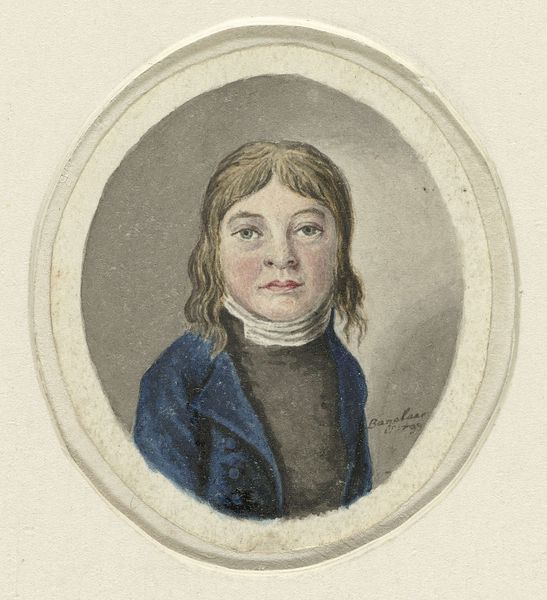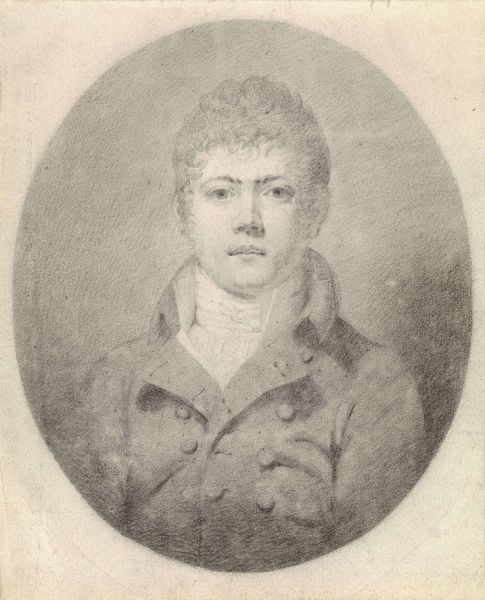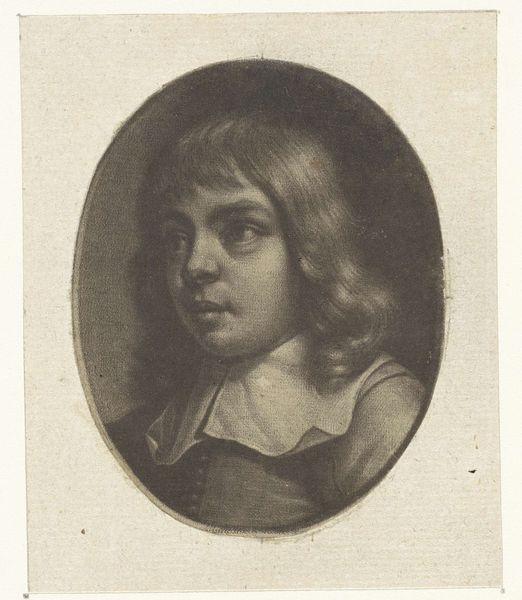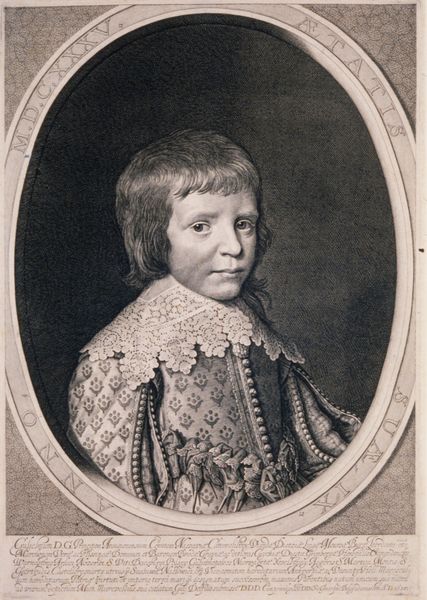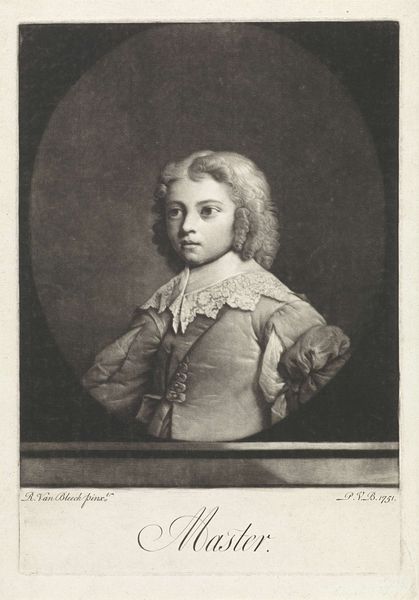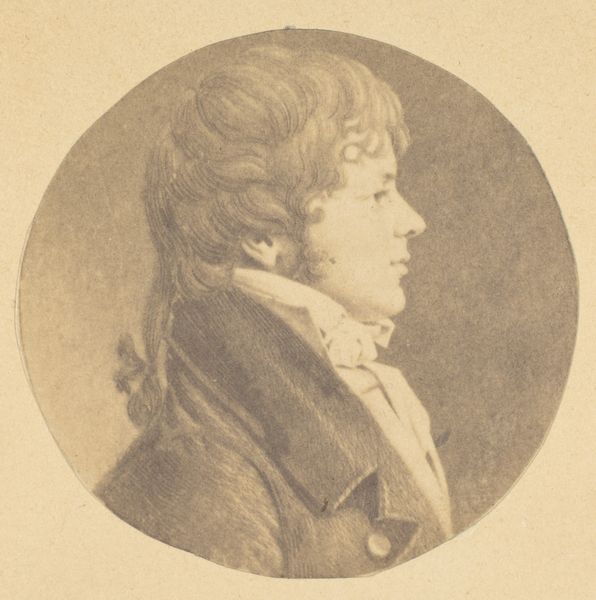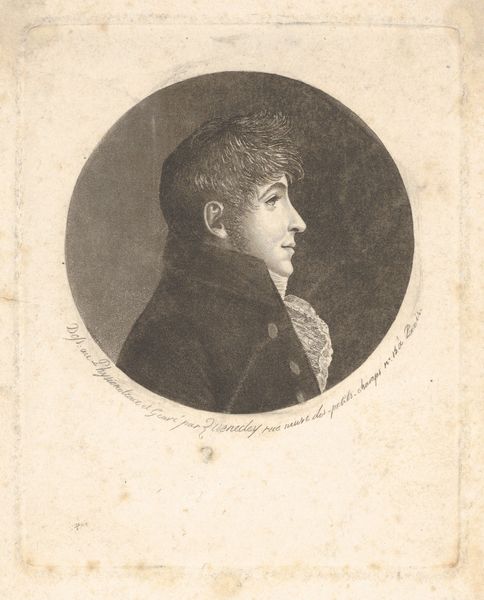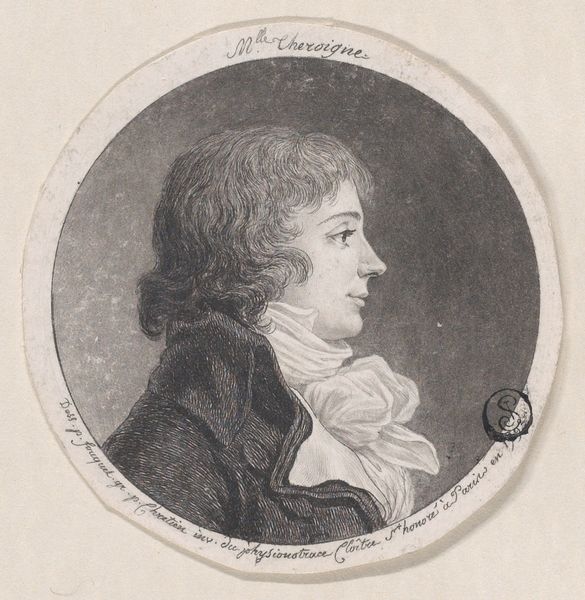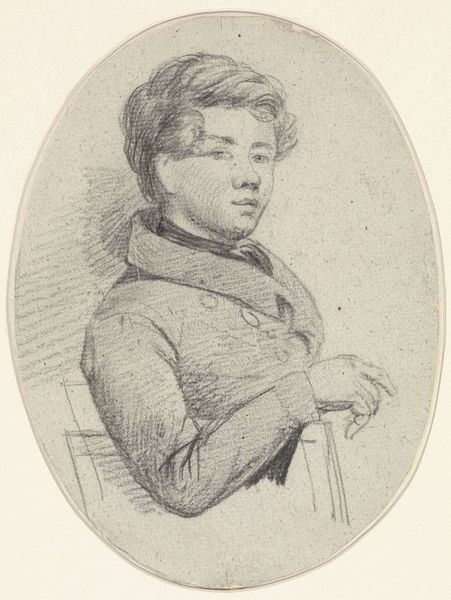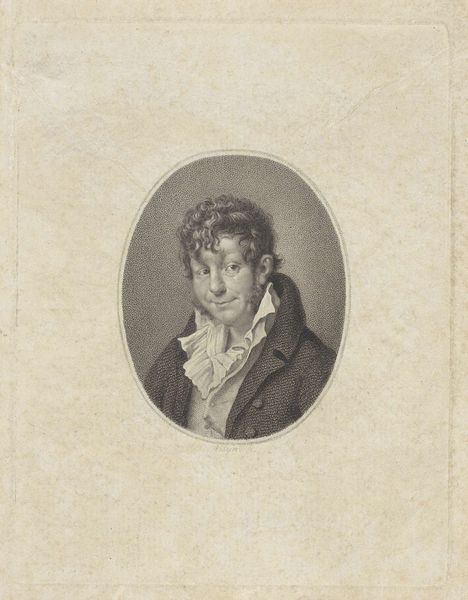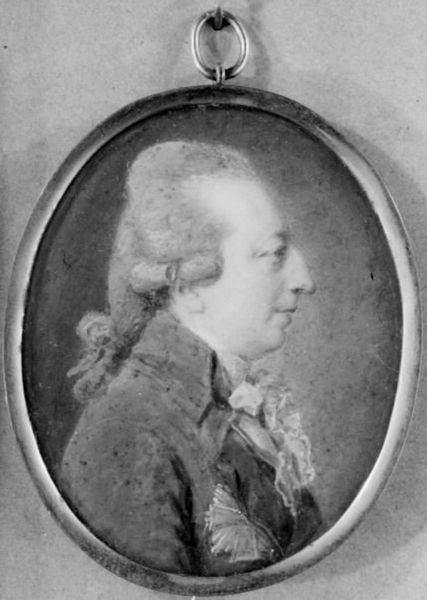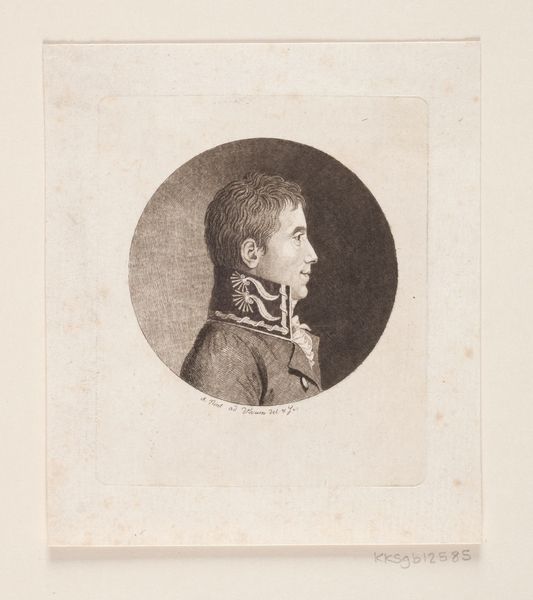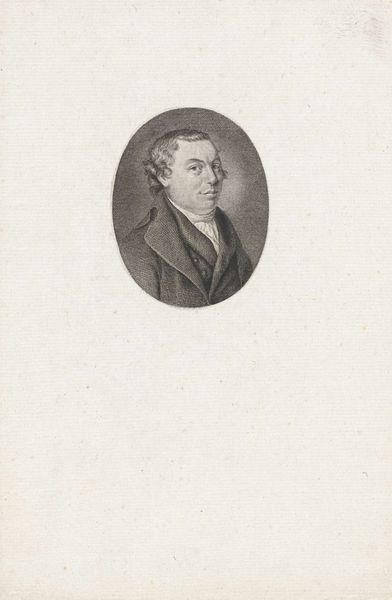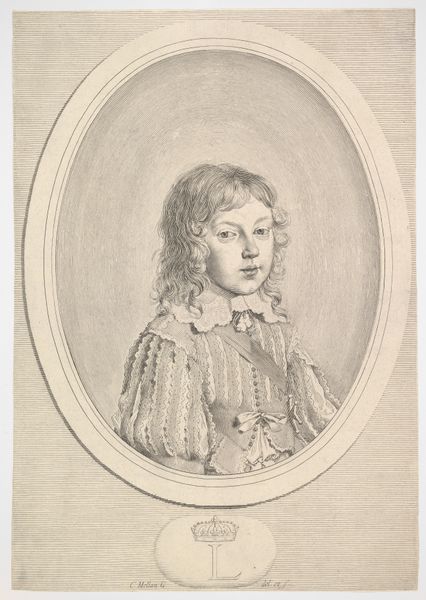
drawing, ink, pencil
#
portrait
#
drawing
#
old engraving style
#
charcoal drawing
#
ink
#
pencil drawing
#
romanticism
#
pencil
#
genre-painting
Copyright: Rijks Museum: Open Domain
Editor: This is "Jongensportretje," or "Portrait of a Boy," by Pieter Gerardus van Os, likely made sometime between 1786 and 1839. It’s a drawing, seemingly with pencil and ink, and there's a certain wistful quality to the boy's expression. What do you see in this piece, especially considering its historical context? Curator: This intimate portrait offers a glimpse into the social constructions of childhood during the late 18th and early 19th centuries. The boy’s delicate features and carefully arranged clothing speak to a certain class status, reflecting how identity was visually constructed and communicated. Think about the role of portraiture during this era – who had access to it and what messages did it convey? Editor: I guess it was a status symbol. It feels… reserved. Curator: Exactly. The Romantic era embraced emotion, but often within very specific boundaries. This piece invites us to consider how social expectations regarding gender and class were imprinted upon individuals, even from a young age. Does this evoke for you, in any way, the limited agency children experienced, constrained by the expectations of their families and society? Editor: It does a bit, yes. There's a certain formality despite the medium being so...soft? Curator: And perhaps that tension speaks volumes. Consider the relationship between the artist, the sitter, and the societal gaze of the time. By critically examining artworks like this, we can begin to deconstruct the power dynamics embedded within the seemingly innocent image of a boy. Editor: That’s given me a completely new perspective on what I initially saw as a simple portrait. Curator: And hopefully prompts more questions than answers. The beauty of art history is that it allows us to continually re-evaluate our assumptions.
Comments
No comments
Be the first to comment and join the conversation on the ultimate creative platform.
